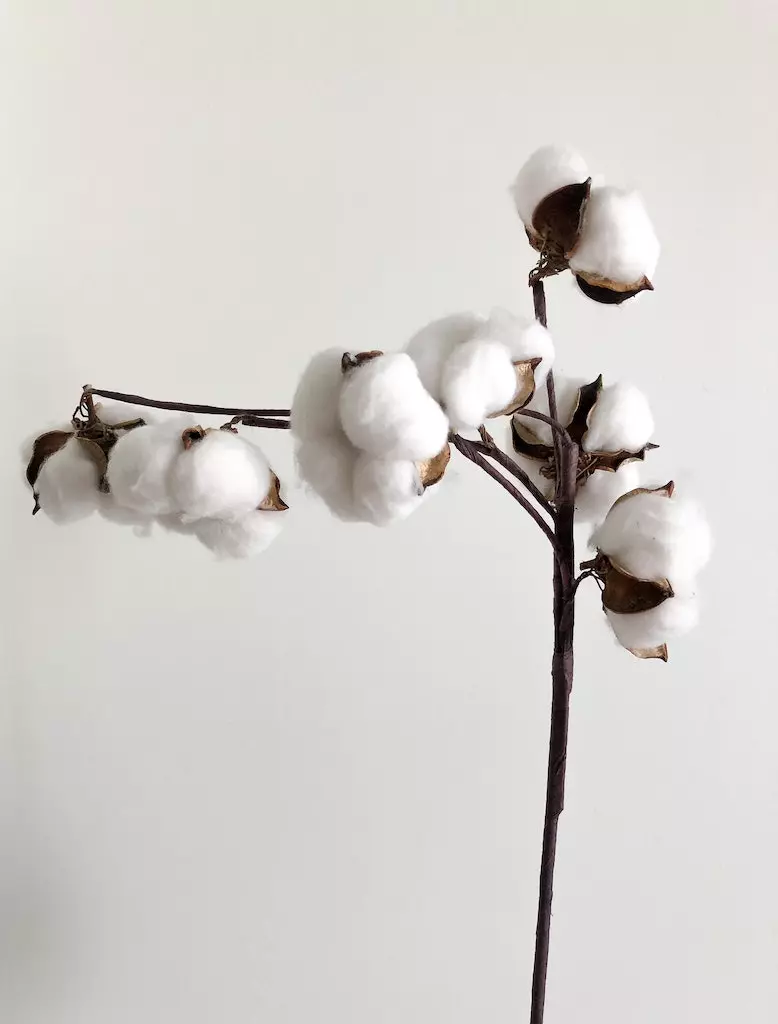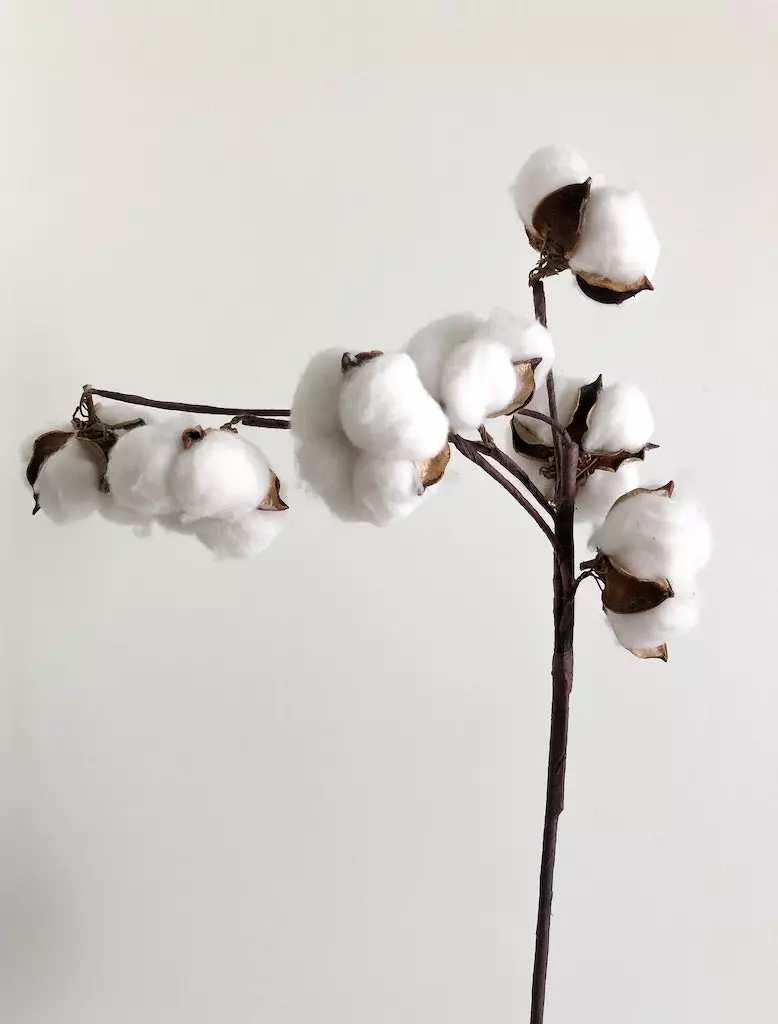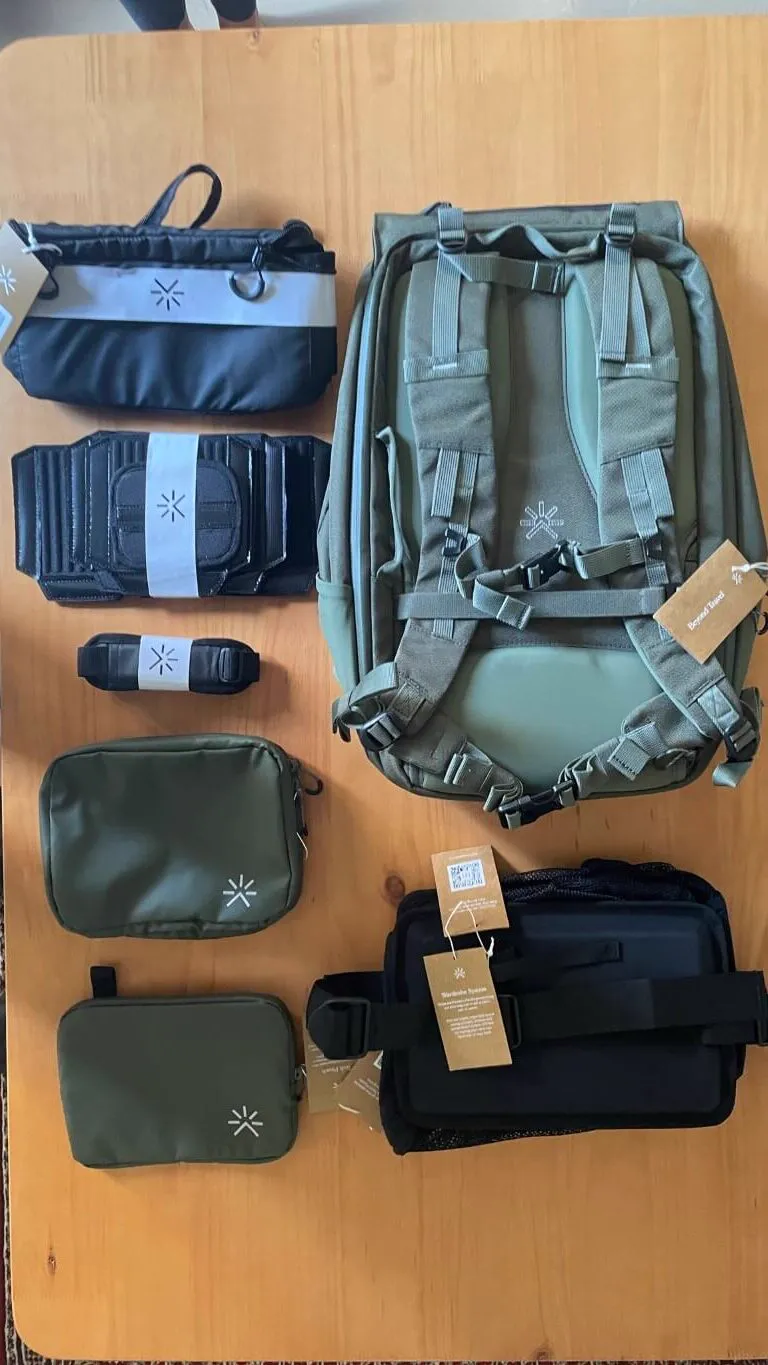
As consumer trends shifts to more sustainable alternatives, many brands are using more sustainable materials. You may have seen many fashion brands moving to sustainable materials, including clothing made from BCI cotton. If that’s got you wondering, what is BCI cotton? You’re not alone.
The following article will review how it differs from conventional cotton, and why we must turn towards more sustainably sourced cotton.

[Source]
What is BCI Cotton?
BCI cotton is cotton that’s grown under the standards of the Better Cotton Initiative (BCI). The Better Cotton Initiative is a non-profit organization that helps farmers, growers, and brands worldwide to grow and source cotton sustainably. BCI does this by raising the standards of cotton farming, demanding stricter regulations around environmental and social standards, including chemical and water usage, and improving working environments.
Conventional cotton is an unsustainable farming process detrimental to the environment and communities. With the largest pesticide usage of any fiber crop worldwide, Conventional cotton growing results in soil erosion and pollution of the soil and waterways. In addition, conventional cotton requires large amounts of water for irrigation, taking around 1% of global water usage.
On the other hand, BCI cotton is grown to more sustainable standards, which helps farmers reduce pollution and water usage and protect both the soil and surrounding communities. This makes BCI cotton more sustainable cotton compared to conventional cotton.
BCI cotton is the world’s largest cotton sustainability program; in 2020, it accounted for 22% of all cotton produced globally.
Let’s look at some of the Better Cotton standard principles BCI growing focuses on.
What does the BCI focus on?
The BCI has seven principles for better cotton production. Before a BCI farmer is awarded a BCI license, they must adhere to the standards included in each principle. We’ll take a look at these principles in detail:

[Source]
Crop Protection Practices
As we’ve discussed, the conventional cotton industry requires large amounts of pesticides, which are hazardous to human health, biodiversity, and the environment. The BCI works with farmers to educate them on how to stop using the most dangerous pesticides.
The BCI promotes using natural pesticide techniques, such as Integrated Pest Management, as a tool to stop or reduce pesticide usage entirely.
Unlike organic cotton, which is grown entirely chemical-free, BCI-certified cotton does permit the use of some chemical pesticides.
Soil Health
Soil degradation is a global problem. Research shows that soil degradation has already left 52% of agricultural land as “moderately or severely affected” due to erosion, salinization, acidity, pollution, or compaction.
Without healthy soil, crops cannot grow, leading to overuse and reliance on harmful chemical fertilizers.
The BCI encourages farmers to protect soil health by improving soil nutrients, reducing soil tilling, and using cover crops, grown during the off-season to improve soil quality and protect the soil until the next cotton planting. BCI also promotes using natural fertilizers instead of synthetic chemical fertilizers.
Reduction in Water Usage
Conventional cotton farming uses large amounts of water, a drain on the already scarce natural resource. The BCI farmers are instead trained on water stewardship, including how to reduce water usage by correctly managing soil moisture, improving water quality, and promoting sustainable water usage.
Protect Biodiversity
Protecting biodiversity is a core principle within the BCI framework. The initiative encourages farmers to protect and expand the biodiversity of their farms to help reduce their impact on the planet. Along with reducing hazardous pesticides and fertilizers to protect biodiversity, to receive a BCI license, cotton farmers must adopt a biodiversity management plan that focuses on protecting the land, wildlife, and insects on their farms and surrounding areas.
Improved Fiber Quality
The BCI trains farmers on best practices for the harvesting, storing, and moving of their cotton without any man-made waste contamination to ensure they receive the best price.
Ensure Decent Working Conditions
The conventional cotton growing business has serious problems with child labor, forced labor, unsafe working conditions, and below minimum wages.
The better cotton initiative works with farmers to improve the working conditions of growers and harvesters. To achieve a BCI license, farmers must offer fair pay, security, and equal opportunities for learning and progression.
Management Systems
BCI works with farmers to implement the framework needed to accurately record and monitor the BCI principles through a robust management system.
BCI Cotton Clothing Examples:
As consumers, we are demanding more from brands in terms of sustainable materials, which has led to an increase in clothing brands using more sustainable fabrics and materials like BCI cotton.
Below are a couple of large corporate brands that have switched from conventional cotton to using BCI cotton to create their products.
While these brands use a more sustainable alternative to conventional cotton, they aren’t what we would consider fully sustainable.
Is BCI cotton eco-friendly?
BCI cotton is more eco-friendly than conventional cotton, thanks to the principles farmers must follow to achieve a license. These include protecting biodiversity, reducing water usage, and eliminating hazardous pesticides and chemicals.
However, there are other more sustainable alternatives to BCI cotton, including organic cotton, Global Organic Textile Standard GOTS certified cotton, regenerative cotton, and recycled cotton.
Its been reported that the increase in BCI cotton adopted by these large brands is actually driving down sustainability standards and leading to a reduction in the number of organic cotton farms, with organic farmers’ option to grow BCI cotton due to demand and less stringent standards. Organic cotton is a more sustainable alternative to BCI as it uses 91% less water than conventional cotton and has no chemical pesticides or fertilizers. This has led to insufficient organic cotton to meet the growing demand within the sustainable fashion industry.
Summary: BCI Cotton
Overall BCI cotton is a step in the right direction for cotton production thanks to the initiatives to reduce water usage, protect workers, and protect biodiversity. BCI cotton is a more sustainable alternative to conventional cotton; however, there are more sustainable alternatives to BCI cotton-like organic cotton, which are favored in terms of sustainability.
Make sure you check out our other materials guides including Tencel, Bamboo Viscose, Cupro, Modal, and Hemp.



